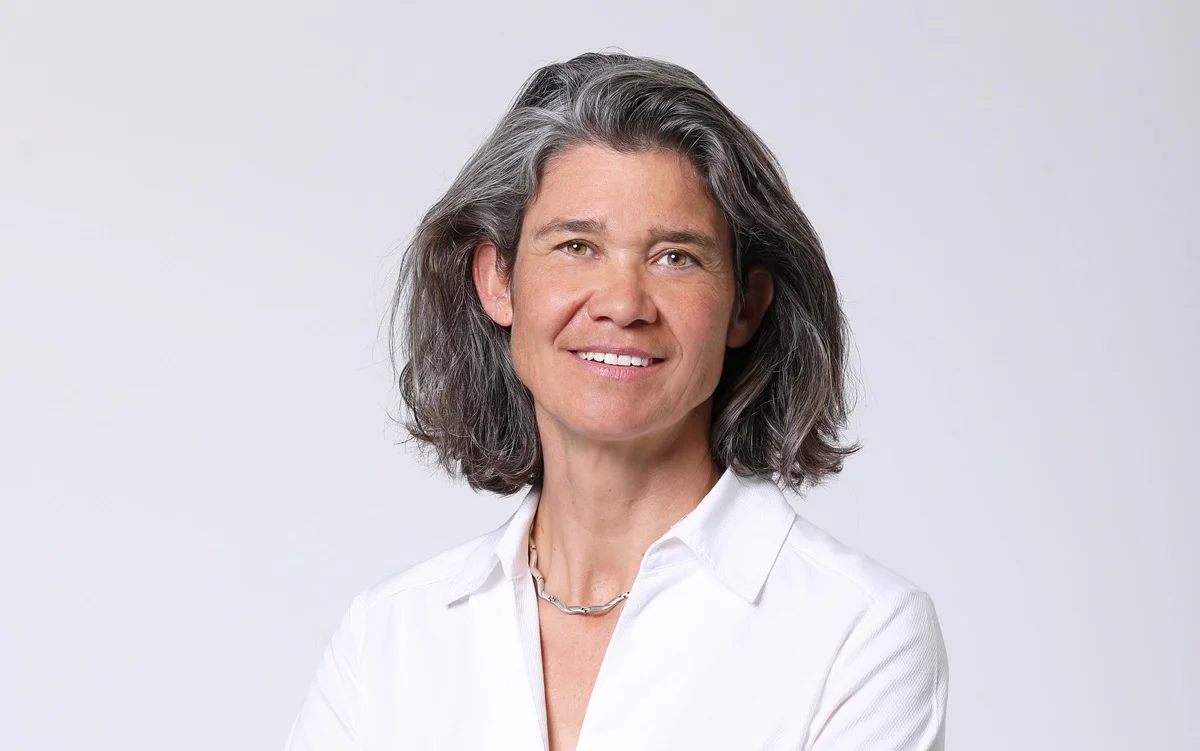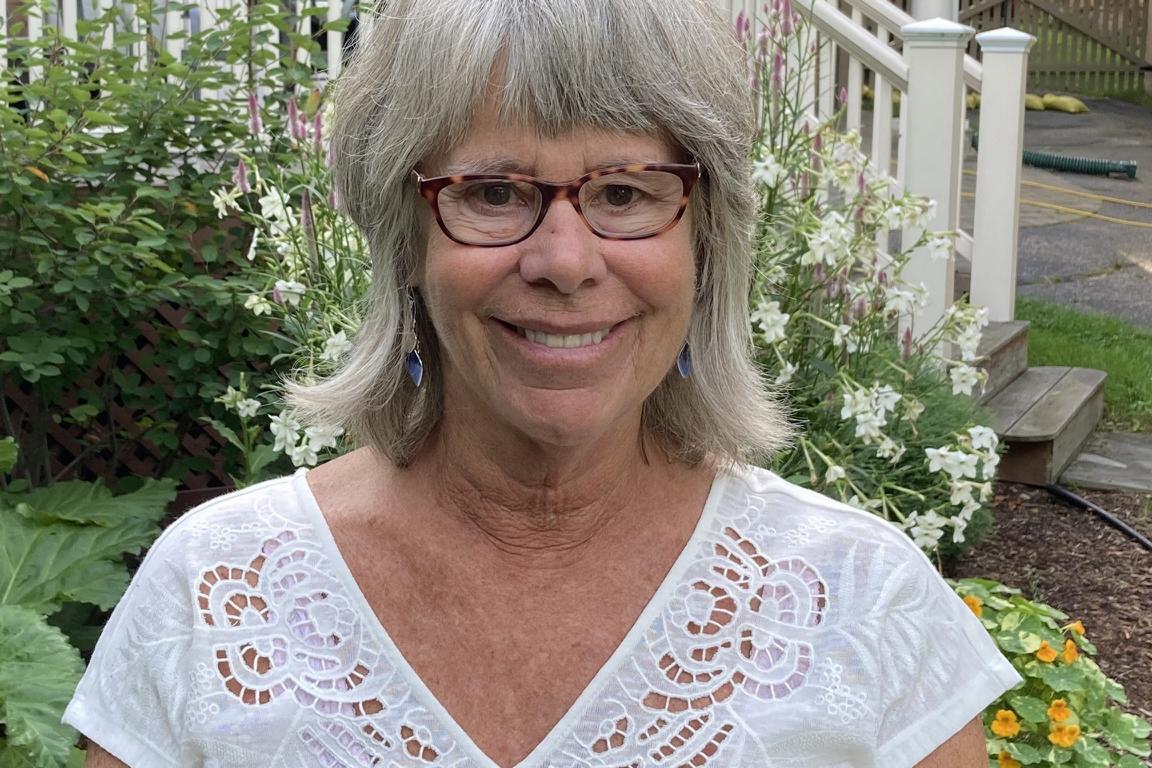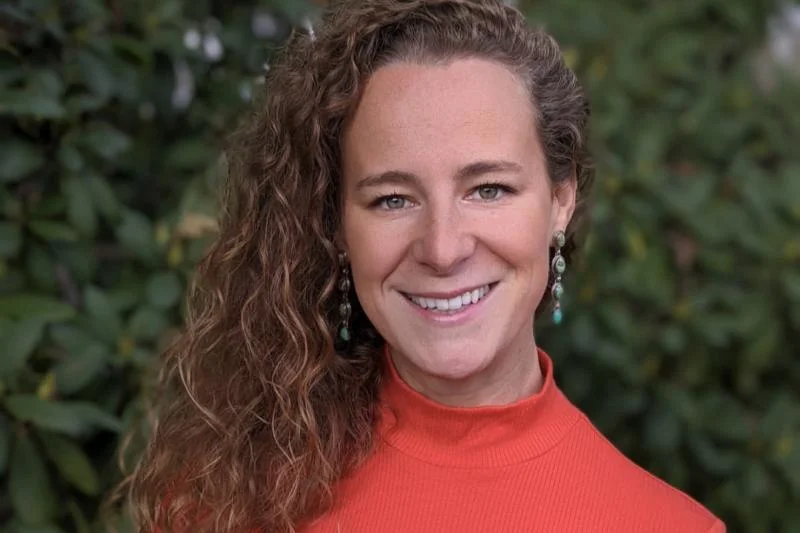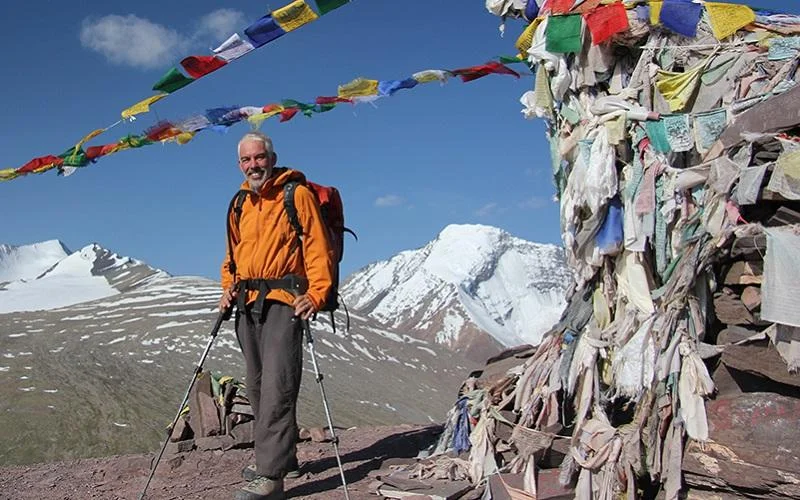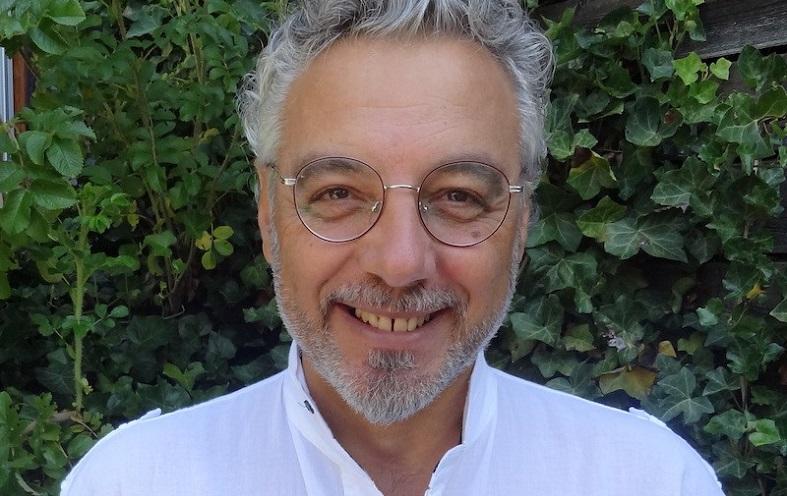
Domenico Saladino, through his consultancy firm Saladino Umweltprojekte with base in the alpine village of Trin near Chur (Eastern Switzerland), over the years has gained invaluable insights into the business of tourism and hotel management. In this interview he reflects on do’s and don’ts and explains how the sustainability certifications ibex fairstay and EU Ecolabel work.
Domenico also shares his thoughts on the trends currently impacting hoteliers, and the current state of sustainability of Destination Switzerland.
Domenico, before starting your consulting business you directed Switzerland’s first bio hotel, following various positions in hotels. Was sustainability a topic in Swiss tourism and hospitality back then?
We were just starting out. The first ecological hotel in Switzerland was built in the early eighties in a peripheral area and on the initiative of a cooperative with the aim of revitalizing a mountain village. The theme of sustainability in the hotel industry was perceived by a few pioneers and only began to increase moderately in the mid-1990s.
The predominant aspect of sustainability was linked to the ecological management of the hotel. It was a question of acting in an environmentally friendly manner. Ecologically conscious action had to be experienced at all stages because it was considered to be the only form of long-term survival.
How have your views on sustainability in tourism changed since then?
With time I’ve realized that the ecological aspect was and is of fundamental importance, but it is not enough. It is also necessary to consider the dimension of social responsibility and the achievement of an economic-financial result that will allow the hotel a long-term existence.
From these elements emerged the need for a vision that could harmonize and balance the three dimensions of sustainability with concrete projects and solutions – which led to my consultancy.
Which would you consider the main challenges for a hotel nowadays, in terms of operating sustainably?
Unfortunately, the term ‘sustainability’ is very inflated and often misunderstood by hoteliers and customers. Training of employees on all aspects of sustainable management and communication with customers is therefore of paramount importance. The sustainable management of a hotel must be understood, practised and communicated as an added value.
Food waste is a topic which we discussed at length in our interview with Benjamin Lephilibert. To your mind, how can hotels with limited financial means be smart about reducing food waste?
Raising awareness and training employees is of primary importance and forms the basis for effective management of food waste. Almost all measures aimed at achieving this objective are of an organizational nature. This means that only limited financial resources are required and that economic savings are achieved over time.
The best practical examples in Switzerland already show a reduction in waste of around 20-30% in the first few weeks and with only two days of awareness-raising and employee training. Swiss hoteliers can find information on the subject in a guide and smartphone apps on the website of the Swiss Hoteliers’ Association.
You regularly conduct hotel audits for ibex fair stay and the EU ecolabel. How do the two certification schemes differ from each other? How does an audit work?
The ibex fairstay scheme consists of a systematic assessment in 5 dimensions: environmental performance, social performance, cultural and regional performance, financial performance, and management quality; a certification system, with a tri-annual external audit and independent certification board.
The ibex assesses a hotel based on criteria and on activities, in all five dimensions mentioned above. With better performance and more activities, a hotel gets a higher ranking, from bronze (= entry-level) to platinum ibex.
Roughly a dozen hotels currently carry a platinum ibex, most of them are part of the Swiss Youth Hostel network.
The EU Ecolabel, on the other hand, refers almost exclusively to the ecological dimension with some references to management. To obtain the label, a minimum number of criteria must be met in the areas of energy consumption (heating and electricity), water, waste generation and the use of chemicals.
In order to obtain the EU-Ecolabel, an external audit is carried out for the first time and subsequently whenever there is a substantial update of the criteria. Also, in this case, an independent commission decides on the use of the label.
The audit, which is valid for both certification systems, is carried out with a preliminary study of all the documents certifying that the required criteria have been met. Then the hotel audit follows to check if the points covered in the respective certification questionnaires meet the required criteria.
The audit has a purely ‘bureaucratic’ part – effective control of documents, invoices, forms, checklists, work processes, etc. – and a part where you visit the entire facility and ask employees further questions about certification. This serves to understand their involvement in the subject and at the same time to carry out a real work of awareness.
Which other tricks and tips would you share with us, in terms of how hotels can become more sustainable?
Acquiring sensitivity to the issue and appropriate training of the people involved is the essential condition for the successful implementation of a sustainable management model.
Examine the different working processes in the various sectors of the hotel and if necessary adapt them to the proposed model. There are no unique and categorical formulas, so measures need to be personalized and adapted to the needs of the hotel.
For sustainability to work, everyone must perceive the results: employees and customers. In the first stages it is important to implement motivating measures, especially where the results can be measured and communicated easily.
The Hotel Schweizerhof Lenzerheide, for instance, understood the importance of the topic at a time when sustainable hotel management was the domain of a handful of hotels in Switzerland. The secret of the Hotel Schweizerhof was to have a clear reference model from the beginning, and their constancy in its implementation.
Which trends or industry-wide developments do you witness at the moment, which might support or hinder more sustainable tourism in Switzerland and the wider Alpine region?
In recent years, hoteliers, trade associations and especially owners have become more aware of the importance of the subject. This also applies to tourist destinations. Several projects have been implemented and others are in the pipeline.
Of course, stagnation or a continuous decline in tourist flows would certainly have a negative impact on the efforts of all concerned.
Sustainable tourism needs well-organized accommodation and destinations. This can only be achieved through targeted investment and continuous training of the people who are involved.
You also offer courses and seminars for hoteliers. Do you have the impression that tourism professionals are sufficiently educated and aware of the sustainability challenges they might be facing?
Most training of professionals on sustainability in general, and sustainable hotel management in particular, is superficial. Further training, especially for future hotel managers, would not only be desirable but is now indispensable.
With my work (project management, consulting, audits, etc. in the hotel industry) I often meet hoteliers, who are very aware and highly qualified, but who have difficulties in dealing with the issue of sustainability in their own hotels.
Which of your recent projects did you find the most intriguing or inspiring?
Difficult to answer, as all of them have been interesting and inspiring. It’s like with your children, you love them all immensely, though each in a different way.
In any case, I’ll mention a couple: I created an institution (La Capriola Foundation) with two training centres (Davos and Lucerne), which gives young people with disabilities and in social distress the opportunity to obtain professional training in the hotel professions (service, cooking, reception and housekeeping), directly in 4 and 5 stars hotels. The objective of the training is the acquisition of professional qualifications that allow the inclusion of young people in the free labour market.
The other project to which I have contributed, as a co-author, is the ibex fairstay certification: one of the first in the world to consider all aspects of sustainable management in hotels.
Another project that is very close to my heart is helping a hotelier to make his dream happen. To build and manage in a sustainable way an ecological hotel in a peripheral area of the Canton of Ticino: the Hotel Cristallina.
Your thoughts on the current state of sustainability of Switzerland, as a destination?
Respect for the principles of sustainable development is a cross-cutting issue to which we aspire in all fields of action of tourism policy.
As a destination, Switzerland pursues ambitious sustainability goals. Some of these have been achieved through the adoption of the principles of quality and ecological management, the certification of tourist facilities and the reduction and compensation of CO2 emissions.
Hotels, conference centres and event organisers, on the other hand, could make a greater contribution to climate protection through measures such as: reducing consumption and waste, promoting regional products and local public transport, etc., as well as through the promotion of the environment.
In this context, the focus is increasingly on improving sustainability and diversifying the range of products on offer.
Anything else you’d like to mention?
There is this quote from J.W. von Goethe with which I always open my training courses on sustainable management:
Nature is always true,
always serious,
always severe;
it is always right,
and mistakes and errors
are always the work of men.
Thank you, Domenico.
Connect with Domenico on LinkedIn, Xing or via his website (in German).
Enjoyed our interview with Domenico Saladino on sustainability certifications and best practice in hotel management in Switzerland? Please share and spread the word!

